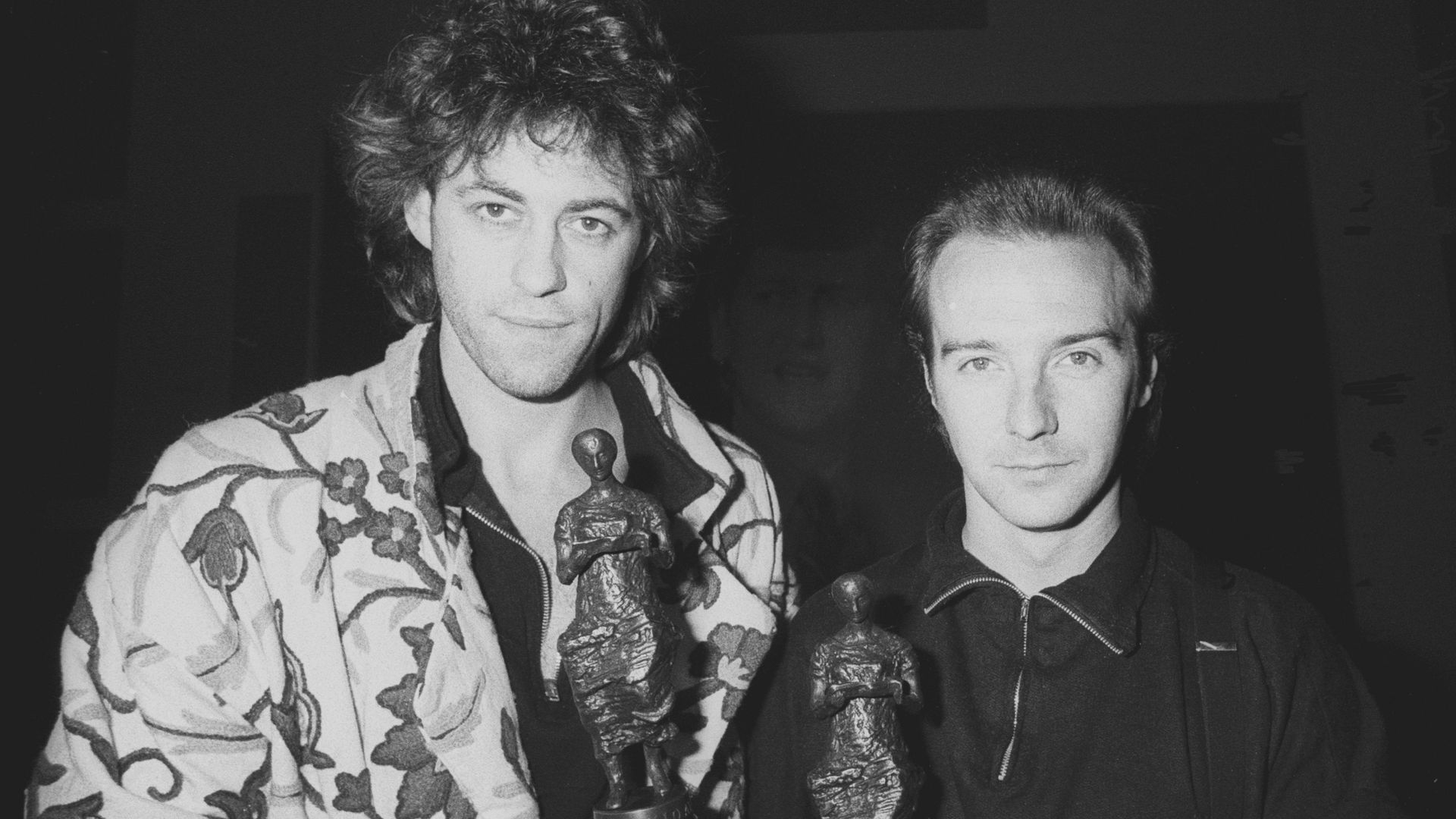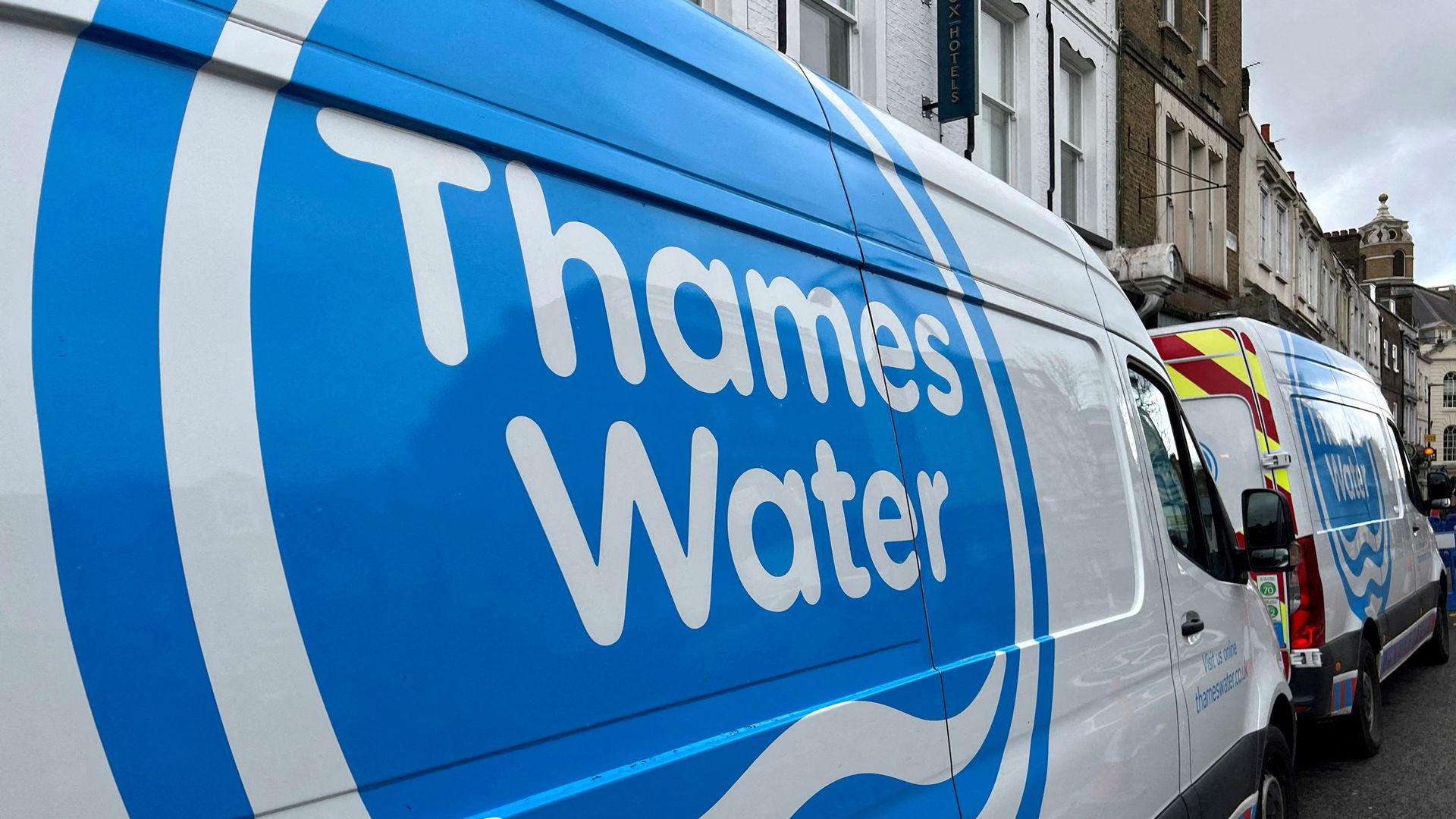
The BDN Opinion section operates independently and does not set news policies or contribute to reporting or editing articles elsewhere in the newspaper or on bangordailynews.com.
Gordon L. Weil formerly wrote for the Washington Post and other newspapers, served on the U.S. Senate and EU staffs, headed Maine state agencies and was a Harpswell selectman.
In olden times, alchemists tried to turn lead into gold. They failed.
In 1976, the U.S. decided to convert gold into political power. It worked.
That year, the U.S. Supreme Court decided that free spending and free speech are the same. Because the Constitution allows no limits on political speech, the court said it allows no limits on political spending.
The decision by the unelected justices overruled the massive majority votes in the elected Congress. Campaign spending took off. The justices had transformed American politics.
Money now fuels politics. Big money promises to produce big results, and the proof is in the ever-increasing size of campaign spending. Chances of election victory are often tied directly to the amount in campaign coffers.
The Republican National Committee uses only two standards in deciding which presidential contenders are viable: their poll rating and their fundraising ability. Last month, former Vice President Mike Pence dropped out of the GOP race, unable to meet the campaign contribution standard.
Campaigns have become battles for the buck. Presidential candidates compete for contributions and reject the paltry federal funding meant to level the field. Congressional incumbents amass dollars early, trying to discourage challengers before they even begin campaigns. In referendums – campaigns without candidates, the participants focus on outspending one another in getting their message before voters.
Maine voters are now experiencing a classic case of the power of money in politics. It is Question 3 on replacing two existing for-profit electric utilities – Central Maine Power and Versant Power – with a nonprofit company – Pine Tree Power.
In public power elections, owners of existing companies have the means to finance campaigns aimed at protecting their investment. Public power proponents have no profit motive and thus may have much less ability to raise campaign funds.
This is the third public power referendum with which I have some close familiarity. The others occurred in Maine and in Miami, Florida. In all three cases, spending by investor-owners swamped advocates of nonprofit, public ownership of a utility monopoly.
In the earlier situations, the incumbent utilities inundated television and print media, while the supporters of change struggled to be seen. The Miami nonprofit was proposed by the municipal government, prevented by law from spending any public funds to campaign. It suffered a lopsided loss.
A similar pattern now exists in Maine, where the campaign funds of the existing utilities are more than 10 times greater than the resources of the nonprofit’s proponents. The operating utilities can make their case on television, while the challengers cannot begin to compete in paid campaigning. The question will be settled this coming Election Day.
The Supreme Court has also overturned a congressional majority and declared that corporations have the same free speech rights as individuals and may spend freely in political campaigns. That decision has increased the flood of political money.
Independent corporate committees can spend without limit in political campaigns, supposedly because they are outside the control of the political parties or formal participants. To believe that such independence exists requires an act of willful ignorance.
States’ campaign spending rules may differ somewhat from the federal system. But traditional practices and the threat of Supreme Court action to extend its rulings to the states has caused increased conformity with the federal system.
The court also ruled that each American vote should have equal weight. But the principle of one person-one vote is a myth when unlimited corporate campaign money has allowed some participants in the political process more power than others. The ability of a few to influence masses of voters can count more than the assurance that all votes count the same.
The process by which the people make the ultimate political decisions has been both strengthened and weakened over time. It took constitutional amendments to allow Black Americans and women to vote. But deciding that money is a form of speech, which led to political inequality and the overwhelming power of well-funded corporations, took only a court order.
The major political money cases came when the Supreme Court overruled Congress. The court, using the judicial review authority it gave itself, rejected congressional decisions intended to maintain a level political playing field.
Congress should modify judicial review by the Supreme Court and recover its authority over voting. Basic American law should not be made by the court.
In the Question 3 contest, like it or not, Maine voters experience the effect of unchecked campaign spending. Their only possible current action, but only on one aspect of this issue, arises on Question 2, aimed at preventing referendum campaign outlays by foreign governments or their agents.
Citizens are reaching the point where they should decide not only on candidates and campaigns, but if they will continue to accept the domination of American elections by the political power of money.










